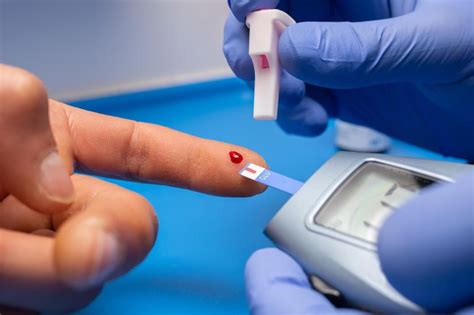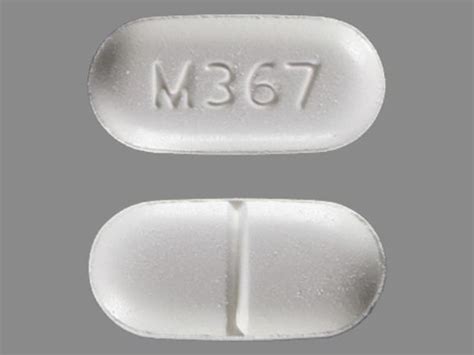Raw Potato: Is It Safe To Eat?

The humble potato, a staple in many cuisines around the world, is often consumed after being cooked in various ways. However, have you ever wondered if it’s safe to eat a raw potato? While it might seem like a straightforward question, the answer is more complex than a simple yes or no. To delve into the safety of consuming raw potatoes, we’ll need to explore the nutritional and chemical composition of potatoes, as well as the potential risks associated with eating them uncooked.
Nutritional Value of Raw Potatoes
Raw potatoes are a good source of several important nutrients, including fiber, potassium, and antioxidants. They contain a type of fiber known as resistant starch, which acts as a prebiotic, helping to feed the good bacteria in the gut. Potatoes are also rich in antioxidants, such as flavonoids and carotenoids, which can help protect cells from damage and reduce the risk of certain diseases. However, the nutrient availability in raw potatoes might be lower compared to cooked potatoes due to the presence of certain compounds that inhibit nutrient absorption.
Glycoalkaloids: The Concern with Raw Potatoes
The primary concern with eating raw potatoes is the presence of glycoalkaloids, particularly solanine and chaconine. These compounds are natural toxins produced by the potato plant, acting as a defense mechanism against insects and diseases. While they are present in all parts of the potato plant, the concentration is highest in the leaves, stems, and sprouts. In potatoes, the skin generally contains more glycoalkaloids than the flesh, and green or sprouted potatoes have higher concentrations due to chlorophyll production and the activation of defense mechanisms.
Solanine and chaconine can cause a range of symptoms if ingested in large amounts, including nausea, vomiting, diarrhea, and abdominal pain. In severe cases, they can lead to more serious health issues, such as headaches, fatigue, and even neurological problems. However, it’s worth noting that the amounts of glycoalkaloids in a typical raw potato are usually not high enough to cause significant harm to healthy adults. The toxicity level of glycoalkaloids is also influenced by factors such as the potato variety, growing conditions, and how the potato is stored and handled.
Safety Considerations
Despite the potential risks, many people around the world consume raw potatoes without issues, often as part of traditional dishes. For example, in some Latin American countries, raw potatoes are grated or juiced and consumed for their perceived health benefits. The key to safely consuming raw potatoes lies in moderation and proper preparation. Choosing high-quality, non-sprouted potatoes and removing the skin (where most glycoalkaloids are concentrated) can help minimize exposure. Additionally, some preparation methods, like juicing or making potato salad with raw grated potato, might reduce the glycoalkaloid content slightly.
Conclusion on Eating Raw Potatoes
In conclusion, while raw potatoes are not inherently unsafe to eat, there are considerations to keep in mind. The presence of glycoalkaloids poses a risk, particularly for vulnerable populations such as the elderly, young children, and individuals with compromised immune systems. For healthy adults, consuming raw potatoes in moderation, ensuring they are fresh, non-sprouted, and properly prepared, can be relatively safe. However, it’s essential to weigh the benefits against the potential risks and to be aware of the signs of glycoalkaloid toxicity.
For those interested in incorporating raw potatoes into their diet, it might be beneficial to consult with a healthcare provider or a registered dietitian. They can provide personalized advice based on individual health needs and offer guidance on safe consumption practices. Ultimately, whether or not to eat raw potatoes is a personal decision that should be informed by an understanding of the potential risks and benefits.
Are all types of potatoes safe to eat raw?
+No, not all potatoes are safe to eat raw. The safety depends on the variety, growing conditions, and how the potato is stored and handled. Some potatoes may have higher concentrations of glycoalkaloids than others, making them less safe for raw consumption.
How can I reduce the risk of glycoalkaloid toxicity when eating raw potatoes?
+To reduce the risk, choose fresh, non-sprouted potatoes, remove the skin, and consume them in moderation. Some preparation methods might also help reduce the glycoalkaloid content. It's also advisable to consult with a healthcare provider or a dietitian for personalized advice.
Are there any health benefits to eating raw potatoes?
+Yes, raw potatoes contain nutrients like fiber, potassium, and antioxidants that can provide health benefits. They are also a source of resistant starch, which can support gut health. However, the benefits must be weighed against the potential risks of glycoalkaloid toxicity.
In the realm of nutrition and health, the debate about the safety and benefits of eating raw potatoes underscores the complexity of food science. As with many foods, the key to enjoying raw potatoes safely lies in understanding their composition, being mindful of preparation and consumption practices, and recognizing individual health considerations. Whether you decide to incorporate raw potatoes into your diet or choose to enjoy them cooked, the most important aspect is making informed decisions that support your overall health and wellbeing.



